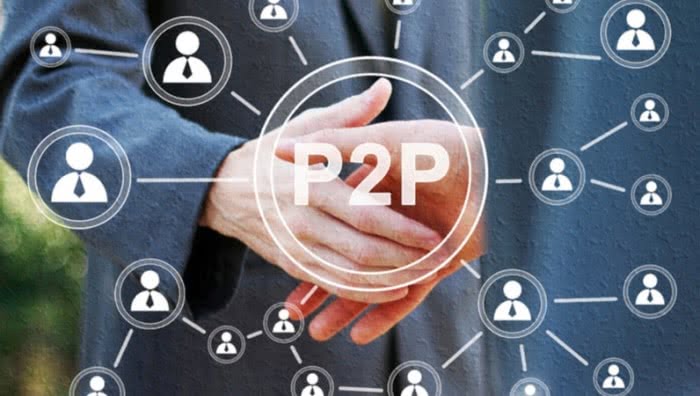Peer-to-peer (P2P) investment has grown in popularity in recent years as an alternative to traditional investment methods such as stocks, bonds, and real estate. In 2023, the trend is expected to continue, with more people seeking out P2P investments as a way to grow their wealth. However, as with any investment, there are risks and benefits to consider before jumping in.
Benefits of P2P Investments in 2023
- Higher Returns: P2P investments often offer higher returns compared to traditional investments. This is due to the absence of intermediaries, such as banks, that typically take a cut of the investment returns. In addition, P2P investments often have lower overhead costs, which can translate into higher returns for investors.
- Diversification: P2P investments can be an effective way to diversify an investment portfolio. With a wide range of options, such as real estate, personal loans, and business loans, investors can spread their risk across multiple investments.
- Easy Access: P2P investments can be made online, making it easy for anyone with an internet connection to participate. This can be especially convenient for those who are busy or who live in areas without access to traditional investment opportunities.
- Control: P2P investments offer a degree of control to investors. With P2P investments, investors have the ability to select the investment opportunities they wish to participate in, and to set the terms of their investment.
Risks of P2P Investments in 2023
- Unsecured Investments: Unlike traditional investments, P2P investments are often unsecured, meaning that they are not backed by assets. This makes P2P investments riskier than traditional investments, as there is a greater likelihood that the investment may default.
- Lack of Regulation: P2P investments are not subject to the same level of regulation as traditional investments. This means that there is a greater risk of fraud and other unethical practices in the P2P investment industry.
- Volatility: P2P investments can be more volatile than traditional investments. This is because P2P investments are typically made in smaller companies or individuals, which can be more susceptible to market fluctuations.
- Limited Liquidity: P2P investments are often illiquid, meaning that it can be difficult to sell or transfer the investment. This can make it difficult for investors to access their funds in an emergency or if they need to make a change to their investment portfolio.
In conclusion, P2P investments offer a unique opportunity for investors in 2023, with the potential for higher returns and more control over investments. However, it is important to be aware of the risks and to carefully consider the benefits before making a P2P investment. As with any investment, it is important to do your research, understand the risks and benefits, and consult with a financial advisor before making any investment decisions.
